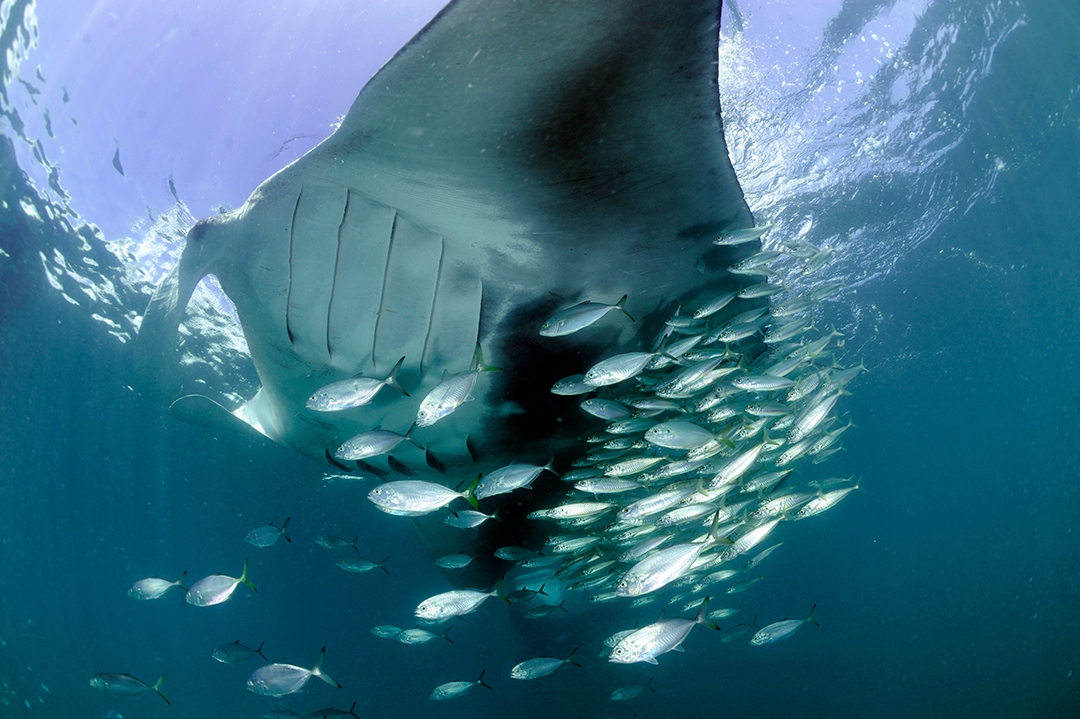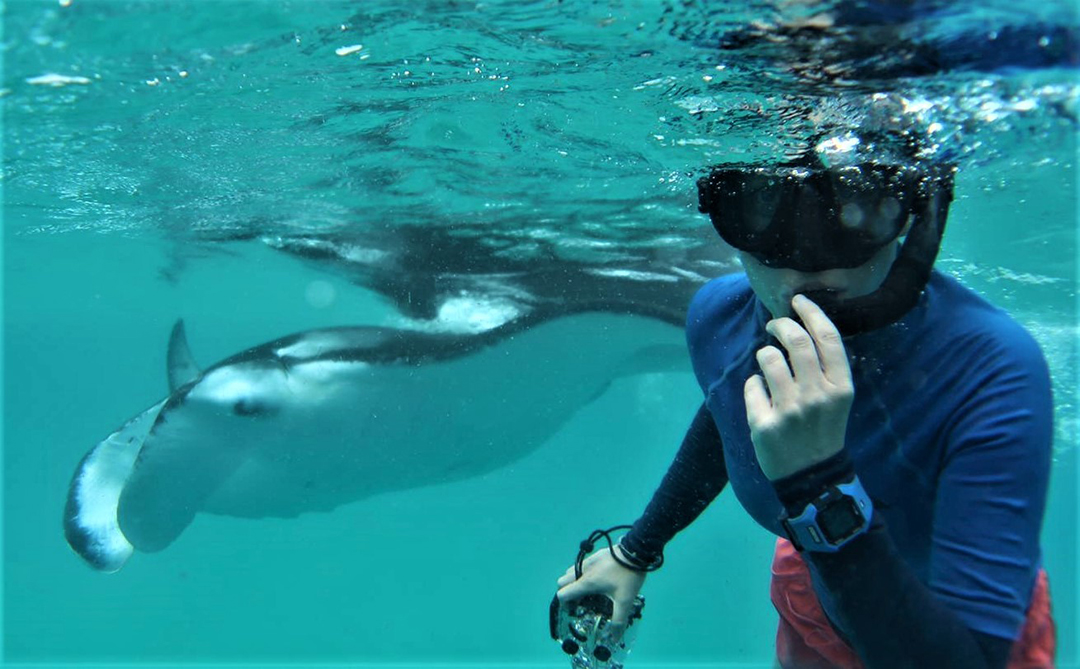How is COVID-19 affecting researchers? Part 2.
How is COVID-19 Affecting Manta & Devil Ray Projects Around the World? Part 2.
Over the last few months, Manta Trust CEO Dr Guy Stevens and I have also been catching up (via Skype) with our affiliate Project Leaders, based in over 20 regions of the world, to find out how they have been affected by the pandemic. Many rely on the dive and tourism industries to not only carry out their work but pay their bills. Since international travel and tourism has dried up, so has their income. The Manta Trust has set up an Emergency Fund to help support these projects to weather the storm of the COVID-19 crisis over the coming months. In June some of the emergency funds raised were allocated to projects in the Mexico Caribbean, Fiji, Brazil and New Zealand. However, there are still more in need of financial support. This is a challenging time for everyone, but we cannot let the fight to protect manta rays and the oceans stop! If you can make a donation to our Emergency Fund, big or small, it will help to ensure our regional affiliate projects make it through this difficult period, and once the danger has passed it will enable us to support local communities and industries to bounce back in a sustainable and environmentally conscious way.

Atlantic Manta Ray in Quintana Roo Mexico. Photo by Guy Stevens | © Manta Trust.
Each year the Manta Caribbean Project welcomes international volunteers over the spring and summer months. They assist Project Leader Karen Fuentes with her work studying the distribution and ecology of the Caribbean manta and raising awareness in the local community of the environmental and economic importance of local marine ecosystems and manta rays to the region. These volunteers gain valuable work experience and the incredible opportunity to share the water with Caribbean manta rays (and if they are lucky, West Atlantic pygmy devil rays too), but most importantly their donations fund the operations of the charity. Without volunteers, Karen is unable to continue her research. A grant from our Emergency Fund this year means that Karen will be able to resume her project once it is safe again for her to travel back to Isla Mujures. Karen says: “COVID-19 has shown us the importance of our relationship with nature, and times like this are also an opportunity to keep working even harder to expand awareness about the fragility of the oceans and that our health depends on them.”

Manta Caribbean Project team and volunteers. Photo by Karen Fuentes | © Manta Trust.
Research projects are not only hit by the lack of funding available, but by the lack of data being collected, either directly by our researchers, or by members of the public. Manta Watch New Zealand (MWNZ) Project Leader Lydia Green told us “COVID-19 started to really impact New Zealand in mid-March and by the 25th March the country was in total lockdown. MWNZ and our research partner Conservation International had planned to do the bulk of our 2019-2020 season monitoring during March and April. This resulted in a huge loss of survey effort, sightings, and ID data as well as the opportunity to deploy satellite tags. Furthermore, the project heavily relies on sightings submissions from the public, which also ceased during this critical period.”

Manta Watch New Zealand Project Leader Lydia Green with a reef manta ray in the Maldives. Photo by Lydia Green | © Manta Trust.
Stefany Rojas who leads the Peru Manta Ray Project was supposed to welcome a group of researchers from the UK in April to start a new project into bycatch fisheries in Peru. The aim of this project was to understand in more detail how the Peruvian gillnets fisheries work, to develop new technology that fishermen could use to reduce bycatch of manta rays and many other species too. Of course, the pandemic means that this group have been unable to travel to Peru currently, and it is now impossible to go into the field and visit the fishermen anyway. Stefany suspects that this situation will take a while to resolve itself because even once Peru opens its borders again, fishermen will likely be nervous to receive foreign people in their small communities. The virus is something people are understandably concerned about. Stefany remains optimistic though.

Peru Manta Project Leader Stefani Rojas. Photo by Stefani Rojas | © Manta Trust.
“The good news is that we have a good relationship and I am in contact with some fishermen to inform them about some government help (Bono, loans, etc). It will be hard but not impossible.”
Despite these challenges, here at the Manta Trust, we have been greatly encouraged by continued donations from the general public, the financial support of incredible sponsors including the Save Our Seas Foundation, and the number of people using their lockdown time to tune into our Webinars to learn more about our work. Our Manta Trust family is working harder than ever, quickly adapting our operations to meet these recent world-changing events, in our mission to create a sustainable future for manta rays and the oceans.
Read part one here.
